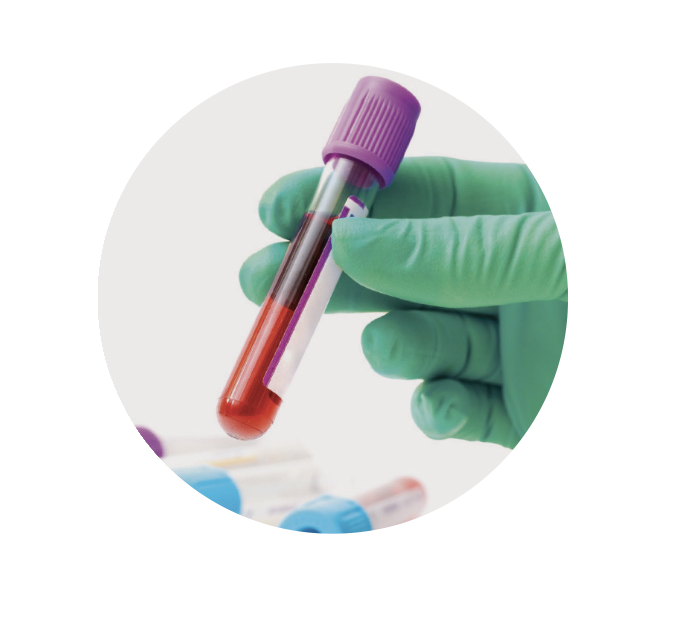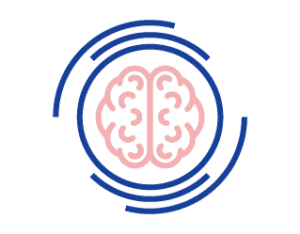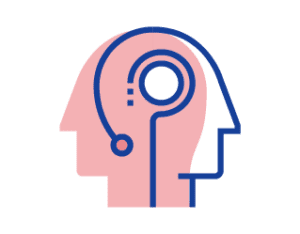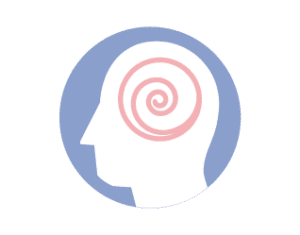![]()
The Dementia
Prevention
Research
Clinics
Uniting New Zealand’s best clinicians, neuroscientists and the scientific brain research community to combat Alzheimers.
![]()
60,000 New Zealanders suffer from Alzheimer’s disease or a related dementia.
New Zealand’s
Alzheimer’s Epidemic
Today, more than 60,000 New Zealanders suffer from Alzheimer’s disease or a related dementia, a number that is expected to triple by 2050.
Alzheimer’s disease is a complex and challenging disease. We do not know the cause and currently there is no cure. Research offers hope that development of a range of novel treatments may delay the onset and progression of the disease and maximise quality of life. To have the biggest possible impact on people’s lives, we need to be able to diagnose those at risk of Alzheimer’s when the earliest biological changes occur – up to 15 years before clinical symptoms appear.
If we could delay the onset of Alzheimer’s disease by 5 years, we could reduce the incidence of dementia by 50%.

What are the Dementia Prevention Research Clinics?
The Dementia Prevention Research Clinics are a multi-year longitudinal study designed to identify processes causing memory and functional decline in older adults, and to test new interventions that may delay or prevent the onset and progression of dementia.
They were established by Brain Research New Zealand, a national Centre of Research Excellence, and are supported by the New Zealand Dementia Prevention Trust. Through the clinics, we are recruiting people with memory problems, as well as healthy volunteers, and following them to find out which blood and brain biomarkers, cognitive characteristics, health and lifestyle factors influence the development and progression of dementia in New Zealanders. With this powerful data asset, the brain research community will be better able to develop tools, programmes and treatments to combat Alzheimer’s disease.
Progress and impact so far
Our researchers and clinicians have 28 research projects underway that are helping to further our understanding of Alzheimer’s disease, and to test interventions that might delay its progression.
Our current research is focusing on:
 Early markers of change
Early markers of change
using MRI and PET scans
 Quality of life and
Quality of life and
wellbeing
 Sensory functioning
Sensory functioning
(hearing)
 Intervention trials using
Intervention trials using
low level brain stimulation
 Early markers of change
Early markers of change
from blood proteins,
metabolites and genetics
 Changes in brain plasticity
Changes in brain plasticity
and connectivity using
brain-wave recordings
 Understanding risk
Understanding risk
and protective factors for
dementia in Māori
 Sleep disturbance
Sleep disturbance
and progression of
cognitive decline
Clinical team
The local clinics’ directors, Associate Professor Lynette Tippett and Dr Phil Wood (Auckland), Professor Tim Anderson and Professor John Dalrymple-Alford (Christchurch), and Dr Nick Cutfield (Dunedin), are supported by talented teams of medical specialists, neuroscientists, neuropsychologists, research nurses and research support staff.

Dr Nick Cutfield
Clinical Deputy Director, Brain Health Research Centre; Senior Lecturer; Consultant Neurologist and Clinical Lead
Find out more >
Trust team
Philanthropist Sir Eion Edgar set up the Trust in 2015 in partnership with leading brain research scientist Sir Richard Faull, with the objective of fundraising for the Clinics.
Donate to help us
The New Zealand Dementia Prevention Trust directly supports the Clinics in our effort to combat Alzheimer’s disease and dementia. Your donation will help fund the clinical team, and pay for brain and other scans that help us create a unique and powerful data asset that enables brain researchers to discover treatments and interventions to slow cognitive decline.
If you would like to support our research, you can donate directly using the below links or to discuss a tailored giving program or bequest, please fill out the Contact Us form below.
Donate to help support our mission to combat Alzheimers. Any amount is appreciated to assist with this important work.
Donate a regular monthly amount that will contribute directly to the monthly operating costs of the clinics.
It costs NZD $5000 each per year for a participant to be included in the program. These costs are spread across clinical staff, premises, and various bio-marker data collection processes including PET and MRI scans, bloodwork and more.
A brain positron emission tomography (PET) scan is an imaging test of the brain, and is a key element of the clinics’ research to identify and monitor progression of disease in the brain. The cost of each PET scan is NZD $2,000.
A magnetic resonance imaging (MRI) scan is a method for capturing detailed internal images of the brain and is another key element of the clinics’ research to identify and monitor progression of disease in the brain. The cost of each MRI scan is NZD $1,500.
All of the data collected is input, analysed and managed to ensure it’s accessible but controlled, and ready for analysis by scientific brain researchers. If you are interested to sponsor one of the many distinct data projects that need funding, please use the contact us form to enquire and we’ll get back to you.
The New Zealand Dementia Prevention Trust is incorporated as a Charitable Trust number 2628171, hence any donations will receive an official donation receipt that will convey a 33.33% tax credit on the donor’s taxable income.
Would you like to join our study?
Over the next two years we hope to recruit 400 volunteers with Mild Cognitive Impairment to participate in our study. If you are interested in enrolling in the DPRC, please have a look at our inclusion criteria below. You can also speak to your GP, specialist, or contact your nearest DPRC team directly.
You may be eligible
to participate if:
- You are aged over 55;
- You or others have noticed memory problems;
- You are fluent in English; and
- You are not living in long-term care;
Unfortunately you will NOT be eligible
to participate if you have:
- Been diagnosed with dementia
- A history of significant alcohol and/or substance use
- Experienced a moderate to severe brain injury
- A pacemaker
- A significant neurological condition
(e.g. Parkinson’s disease, stroke, epilepsy, brain tumour)
Participation in our Dementia Prevention Research Clinics is voluntary and for research purposes only. Participation is also free, and will not affect your usual medical care. Contact us below.











